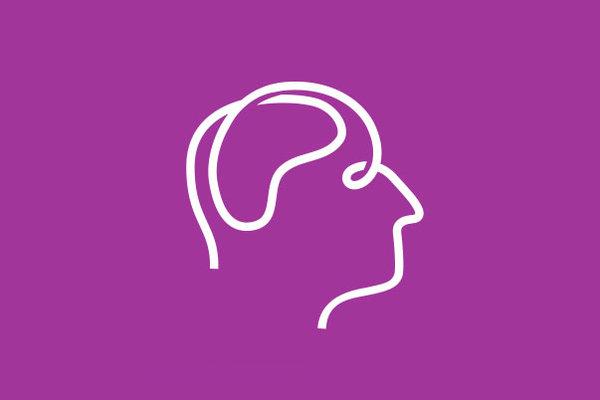Men and women who reported feeling sleepy during the day had higher levels of brain plaques.

Credit
A new study links daytime sleepiness with the accumulation of the plaques in the brain that are a hallmark of Alzheimer’s disease.
The study, published in Sleep, included 124 mentally healthy men and women, average age 60, who reported on their own daytime sleepiness and napping habits. An average of 15 years later, researchers administered PET and M.R.I. scans to detect the presence of beta-amyloid, the protein that clumps together to form plaques.
After controlling for other variables, they found that compared with people who reported no daytime sleepiness, those who did had almost three times the risk of having plaques. Frequent napping, on the other hand, was not associated with plaque accumulation.
“If you’re falling asleep when you’d rather be awake, that’s something that needs to be investigated,” said the lead author, Adam P. Spira, an associate professor at the Johns Hopkins Bloomberg School of Public Health. “It could be just insufficient sleep, or sleep disordered breathing, or other conditions or medications that are leading to it.”
This is an observational study that does not prove cause and effect, Dr. Spira said, “but it provides more evidence for the link between disturbed sleep and the development of Alzheimer’s disease pathology.”
Advertisement


